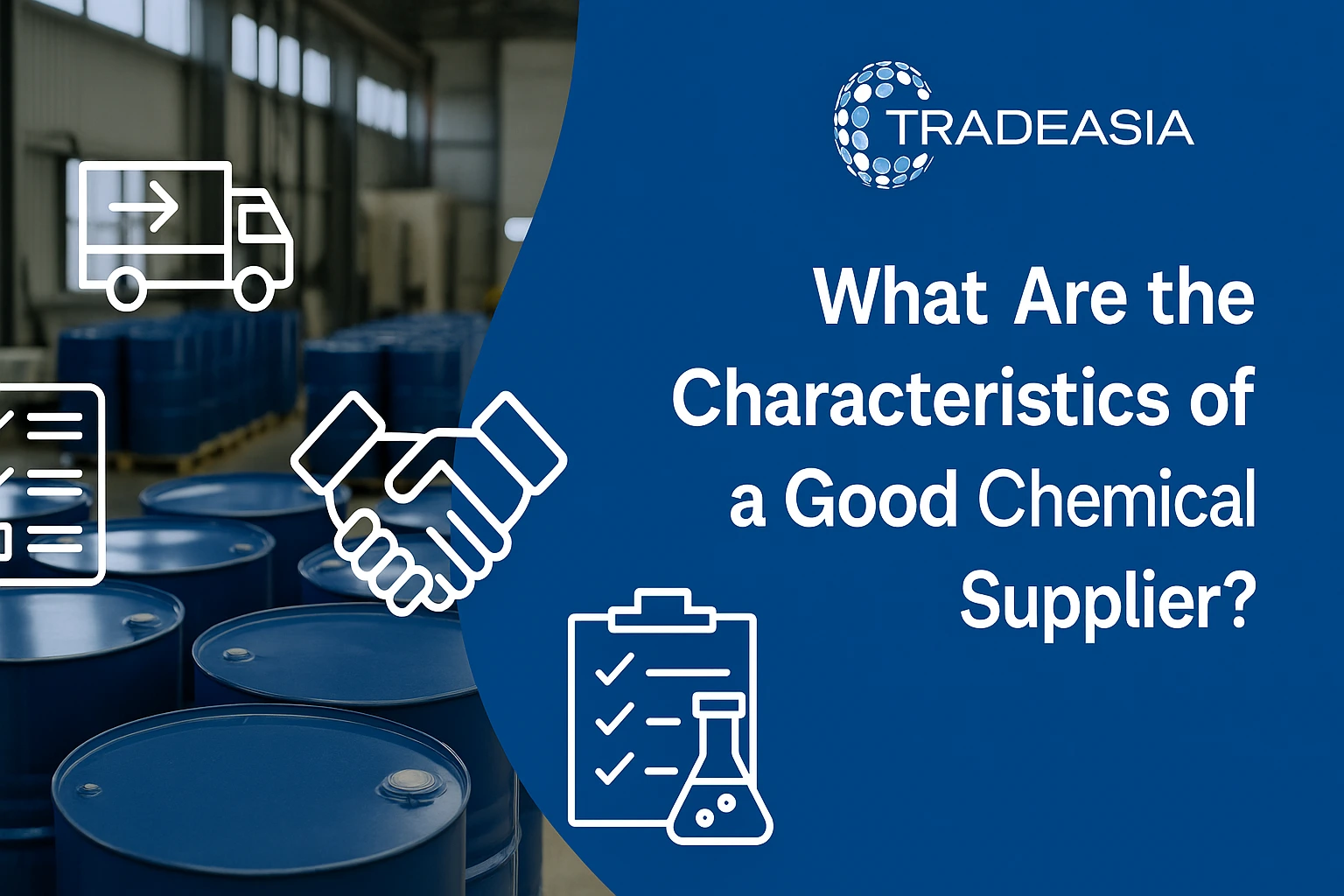Latest Articles

Paint, Ink and Coating
What Is Calcium Carbonate? Applications, Benefits & How to Source It Right
30 June 2025


Popular search tags :

30 June 2025


21 June 2025
21 June 2025
22 November 2023
30 June 2025
21 June 2025
21 June 2025
11 June 2025
22 May 2025
17 April 2025
We're committed to your privacy. Tradeasia uses the information you provide to us to contact you about our relevant content, products, and services. For more information, check out our privacy policy.